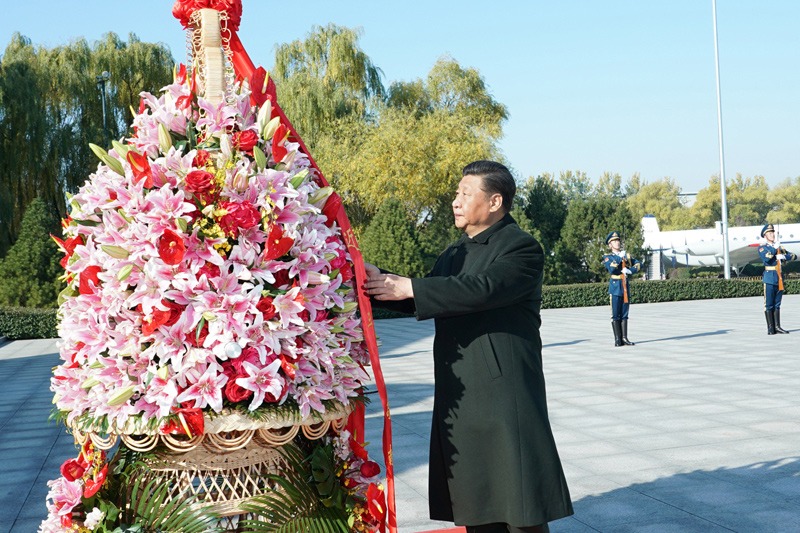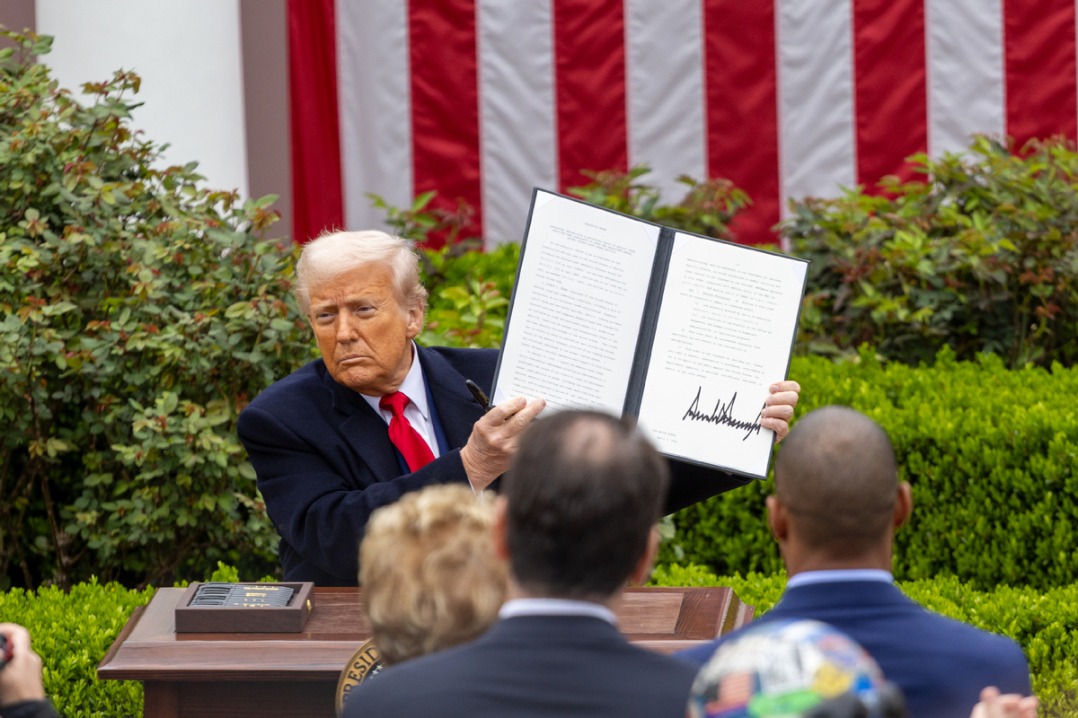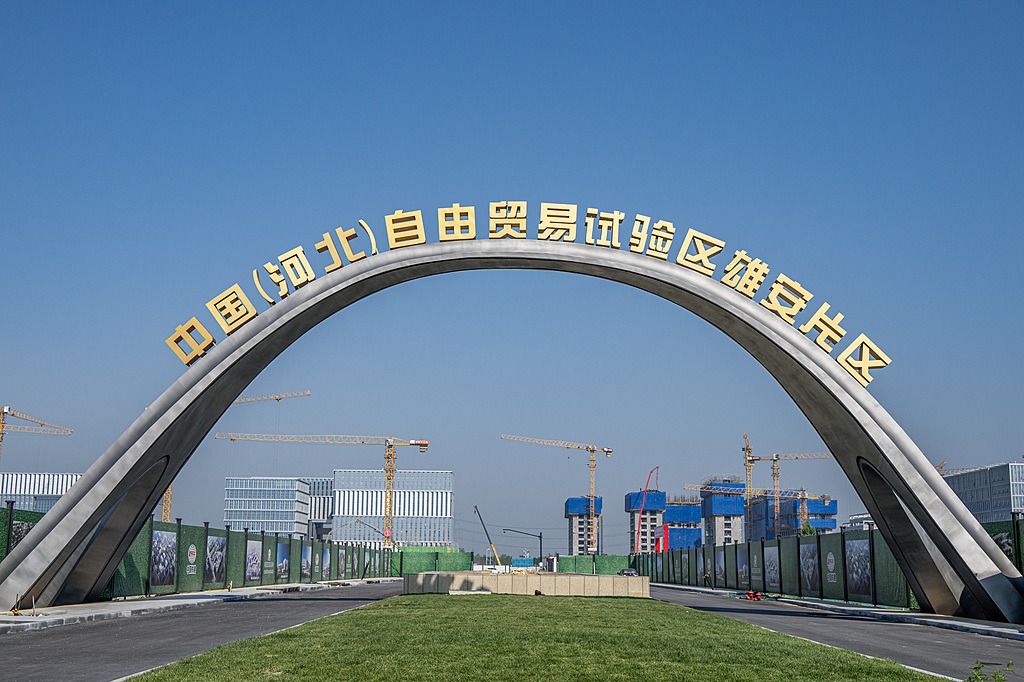Zero-sum is not the mentality of Beijing


The two speeches Singaporean Minister for Defense Ng Eng Hen gave last week, at the 61st Munich Security Conference and the 16th Munich Young Leaders Roundtable, respectively, reflect the ambivalent feelings of the Southeast Asian countries toward the China-targeted geopolitical games the United States is playing in the region.
Ng, who has served as Singapore's defense chief since 2011, has firsthand experience of the rising tensions in the region. Unlike some Western politicians pointing a finger at China as the sole cause of the tensions, the veteran Singaporean politician tried to explain the tensions in a more balanced way.
As he indicated, it is the United States' militarization of the South China Sea with the support of its allies and partners that has prompted China to conduct more frequent coast guard patrols and naval drills in the region.
For instance, as Ng said, the US has negotiated access to 12 new defense sites in the Philippines and Australia, constructed new installations in Japan and Guam, and expanded its military facilities at dozens of other installations across the region since 2011. The country now has about 140,000 military troops in Guam, Hawaii, Japan and the Republic of Korea, spread across 29 military bases.
Notably Ng said that China's presence in the South China Sea was its rendering of the Monroe Doctrine. But this is a comparison that doesn't hold any water given their chalk and cheese natures.
It seems to be a notion universally embraced that a country, such as China, in possession of strong national strength, must be seeking hegemony. But as it has unequivocally said, China has no desire for hegemony. As Foreign Minister Wang Yi said at the Munich Security Conference, China advocates equality among all countries regardless of size, and calls for increasing the representation and say of developing countries in the international system.
This is not the pursuit of "Westlessness" but the means to deliver more positive-sum results to the world.
China does not intend to contend with any other country — it is not interested in doing so. Instead, it hopes to contribute to the world's peace, stability and common development for the good of all.
To that end, it hopes others will join it.


































